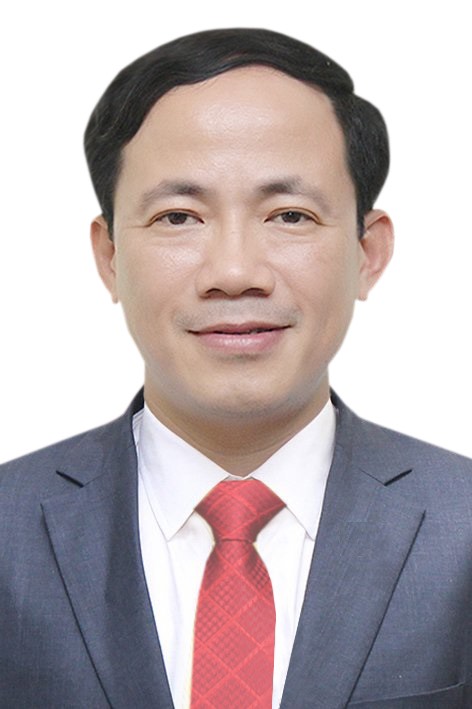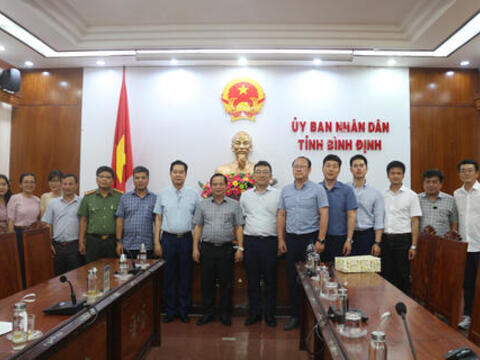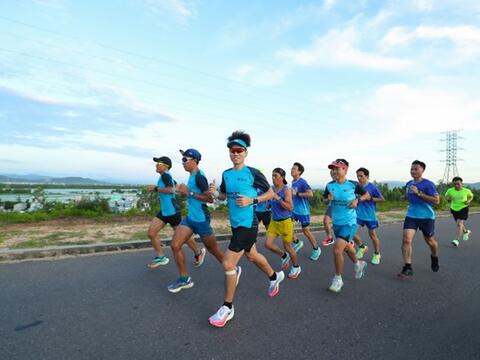The International Workshop “Fundamental Science and Society”: Close and Open
After the two sessions on July 7, 2016, on July 8, 2016 the International Workshop “Fundamental Science and Society” continued with five sessions, entitled basic science and peace, climate, health, the global facilitation education, knowledge and technology mechanism, and open innovation and collaborative economy.

Prof. Jerome Friedman (standing) discussed at the workshop on July 8. Photo: Van Luu
With the issues familiar with our life
The moderator of the Session “Basic Science and Climate” was Prof. Jean Jouzel, Vice President of GIEC-Peace Nobel laureate 2007. He informed alarming numbers related to climate change towards Vietnam. During the past 50 years, the average temperature of Vietnam is increased by 0.62 degree and Binh Dinh Province is one of the provinces heavily affected by the climate change. The extreme temperature has increased; the number of sunny days and cold nights has changed a lot.
“The increase of the sea level can be seen every day. The change of climate in Binh Dinh Province lets us know that the climate change has an increasing impact on human life. This information gives us a perspective on climate change in the future; at the same time, requires actions to adapt to climate change and ensure social security.” Prof. Jean Jouzel said.
Regarding this issue, Mr. Tran Thuc, senior researcher – the Institute of Hydrometeorology and Climate Change (Ministry of Natural Resources and Environment) said that it is necessary to have the contribution of scientific community, policy makers and everybody for the warming of the oceans and sea-level rise.
According to Prof. Fredolin Tangang, the National University of Malaysia said that in 2012 a scientific workshop on climate change was organized in Viet Nam. “Thanks to the workshop, we had a proposal for a network of scientific research projects dealing with climate change in Southeast Asia and had a budget for implementation. Since then, we had a network of information sharing and collaboration in scientific research. But we must admit that our fundamental research was lagged behind compared with the developed countries, while the Southeast Asian region is very vulnerable by the climate change.” Prof. Fredolin Tangang said.
Regarding the issue “Basic Science and Health”, Dr. Socorro Escalante, an advisor to the World Health Organization in Vietnam, raised the issue of how basic science is one of the solutions to solve problems of human health. “Science needs to address the imbalances in access to the people’s health care services in the country. Many still left behind!’ Dr. Escalante emphasized.
Regarding the limitations and shortcomings of the health sector in the community, Associate Professor – Doctor Tran Diep Tuan – Rector of the University of Medicine and Pharmacy in Ho Chi Minh City, indicated the limping from human resource training. For years, the training curriculum in Vietnam and in regional countries usually follows a tradition, including subjects. Lecturers mainly focus on the theory instead of the practice.
“We need to change the training curriculum which focuses on the practice as well as the enhancement of connectivity and practice. Moreover, it is necessary to link between the Universities of Medicine with others so as to better the knowledge of lecturers. Also, it is necessary to increase the interference and enhance the exchange of experience and knowledge.” Associate Professor – Doctor Tran Diep Tuan said.

Prof. Dam Thanh Son, (right) – a Vietnamese young outstanding talent in the world physics Science community – participated in the workshop on July 8. Photo: Thu Hien
To continue with the hopes
Attending the 12th Rencontres du Vietnam, Dr. Tran Du Lich, an economic expert, hoped that the Government needs to attract young scientific researchers, teaching abroad return Vietnam for dedication. The International Center for Interdisciplinary Science and Education (ICISE) only nurtures the initial scientific research ideas. But in the future, ICISE needs to be planned to form a space of science. Quy Nhon University needs to take this opportunity to connect with other universities, institutes, both domestic and overseas so as to improve the scientific research. Institutes, the Academy of Science and Technology and Vietnam Academy of Social Sciences need to connect one another to establish an international scientific research center.
In a conversation on the sidelines of the workshop “Fundamental Science and Society”, Prof. David Cross – a Nobel laureate in physics in 2004 said that he talked with Mr. Abdus Salam - a Pakistan theoretical physicist as well as the founder of Abdus Salam International Theoretical Physics Center. Mr. Salam said, “We cannot talk about the development and transfer of technologies without development of basic science. Simply, there is no other way. In other words, if we want to do that, we must be strong in basic science.”
According to Prof. David Gross, “the 12th Rencontres du Vietnam” is considered the open gate to develop basic science. What prof. Tran Thanh Van has done is “unbelievable”. Prof. Van is a wonderful man with a passion for science and great contribution for the nation. He works 13 hours a day. It is really a surprise. He is also a studious and dedicated for science, and his spouse prof. Ngoc is, too” prof. David Cross said.
Prof. Kurt Wüthrich – a Nobel laureate in chemistry in 2002, shared that he really admires prof. Tran Thanh Van for bringing international scientists closer together through “Rencontres du Vietnam”. “Not only you but also I myself learn a lot from prof. Tran Thanh Van. I also have opportunities to meet with young people interested in science in here. It is really wonderful. I really have a wonderful time in Binh Dinh.” Prof. Kurt Wüthrich said.
Đ.T (Source: Binh Dinh Newspaper)

 Tiếng Việt
Tiếng Việt 








